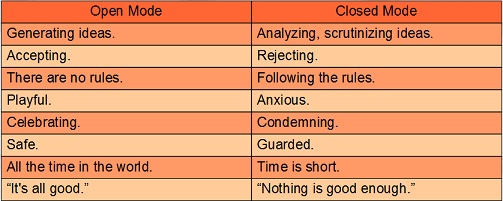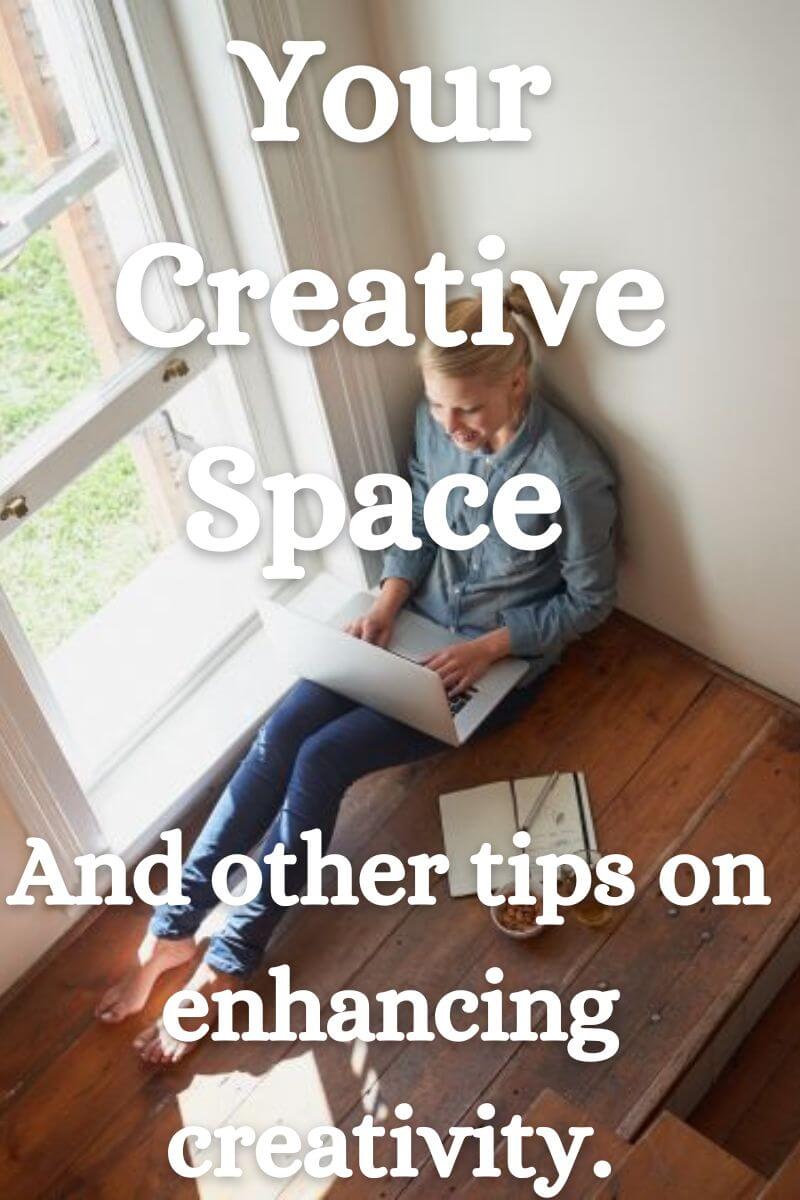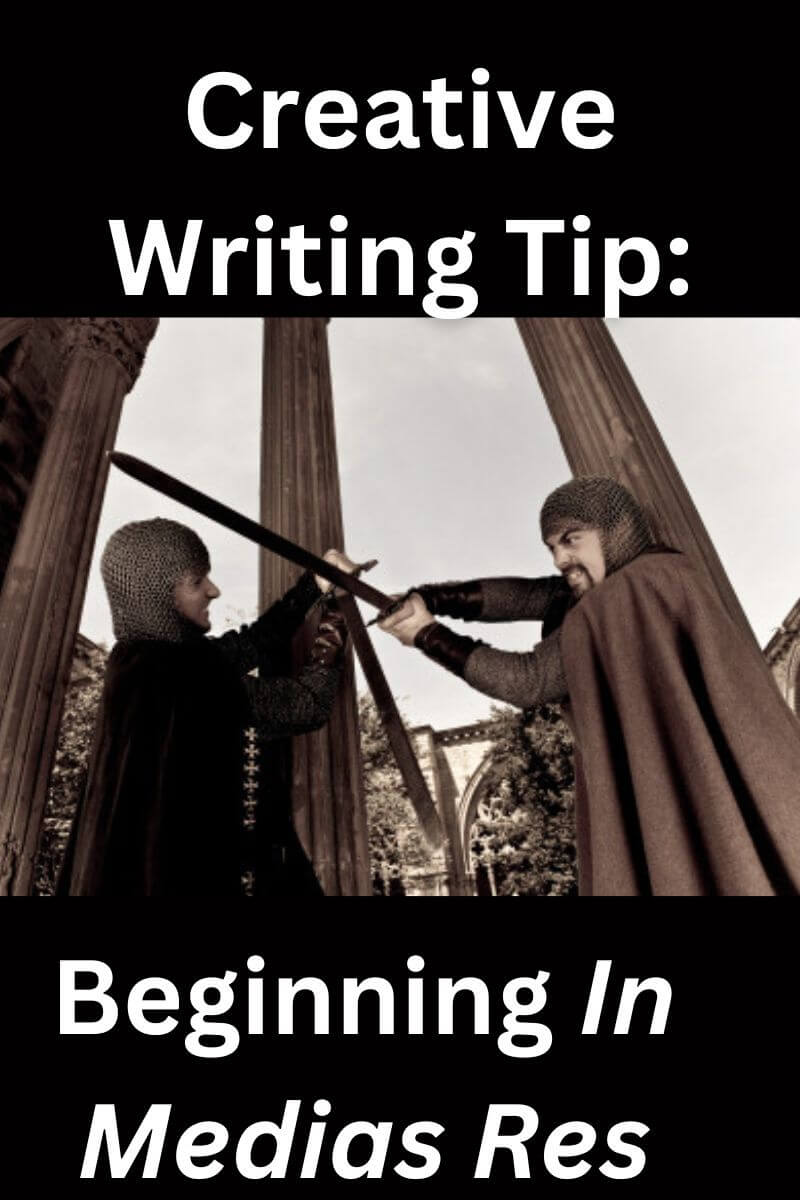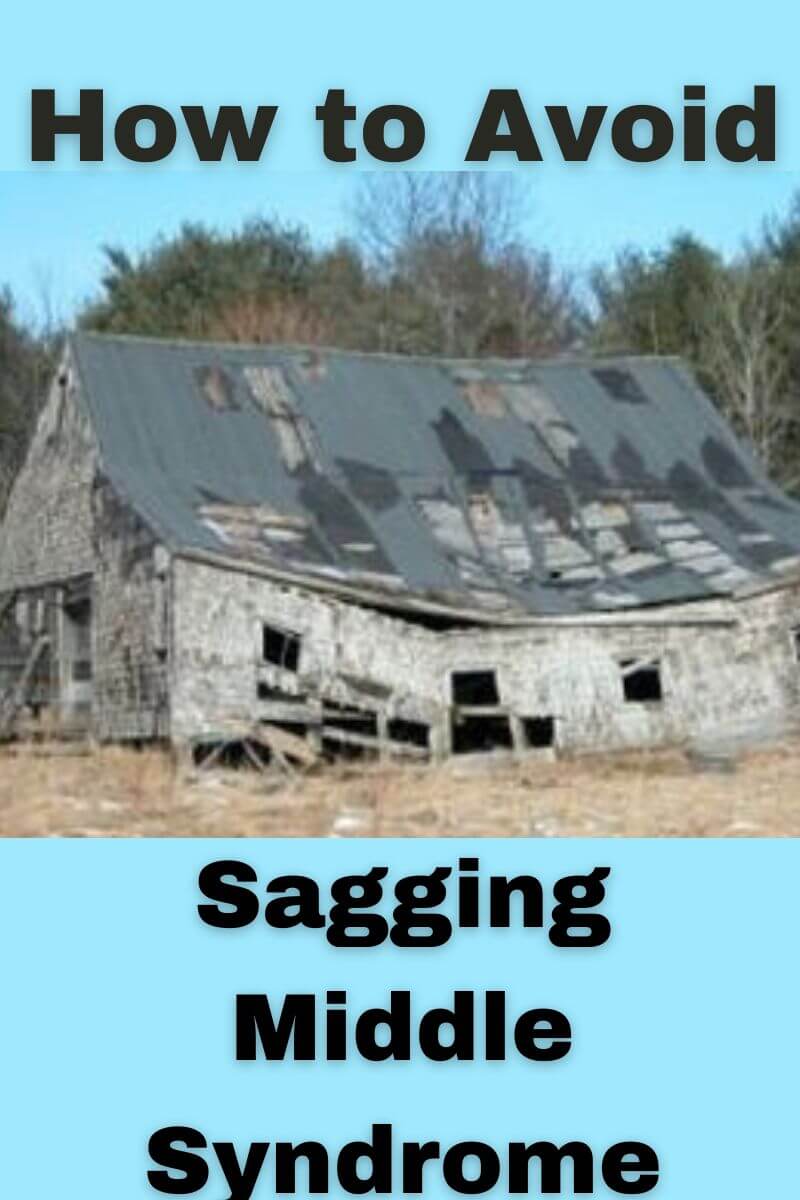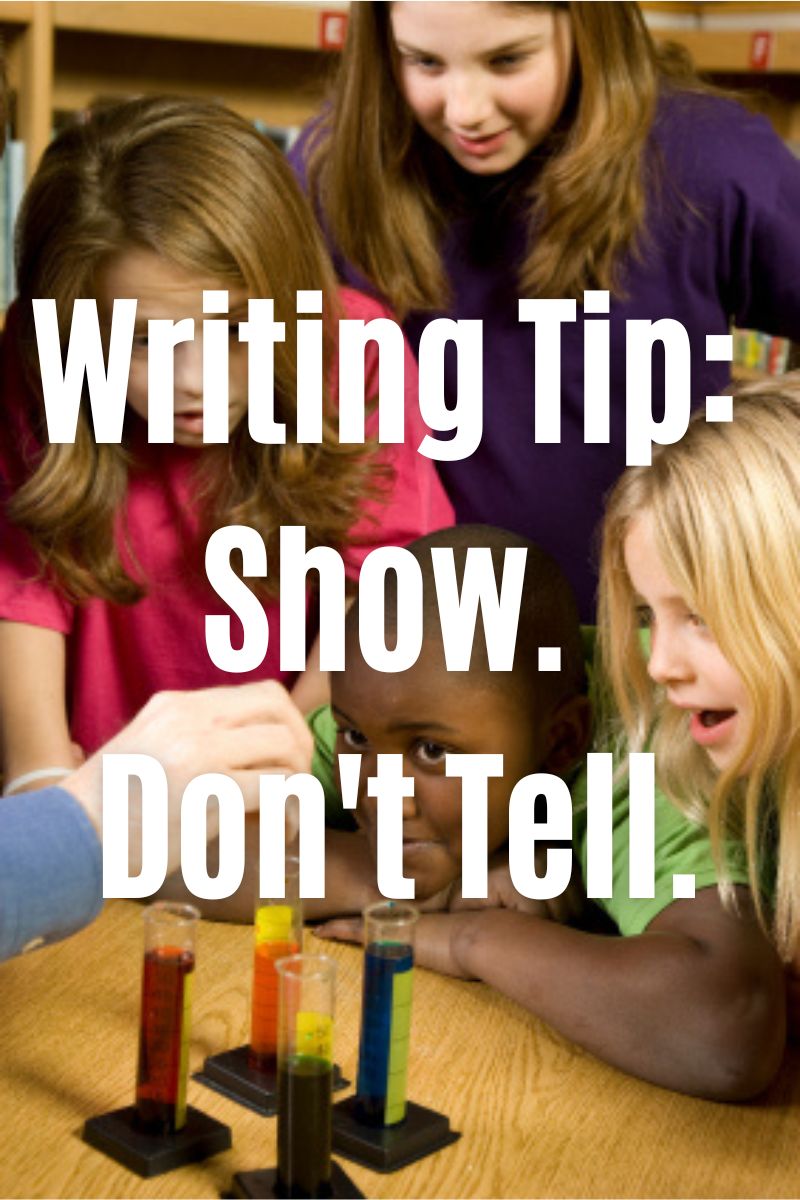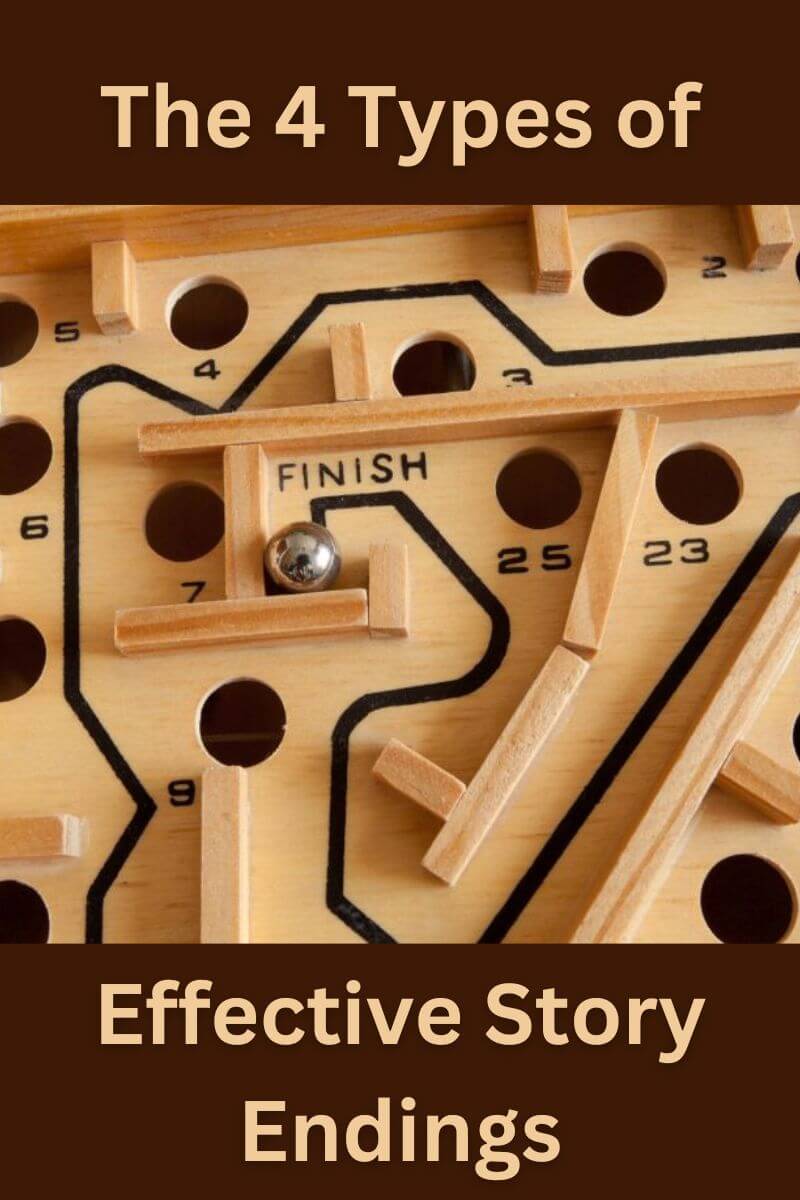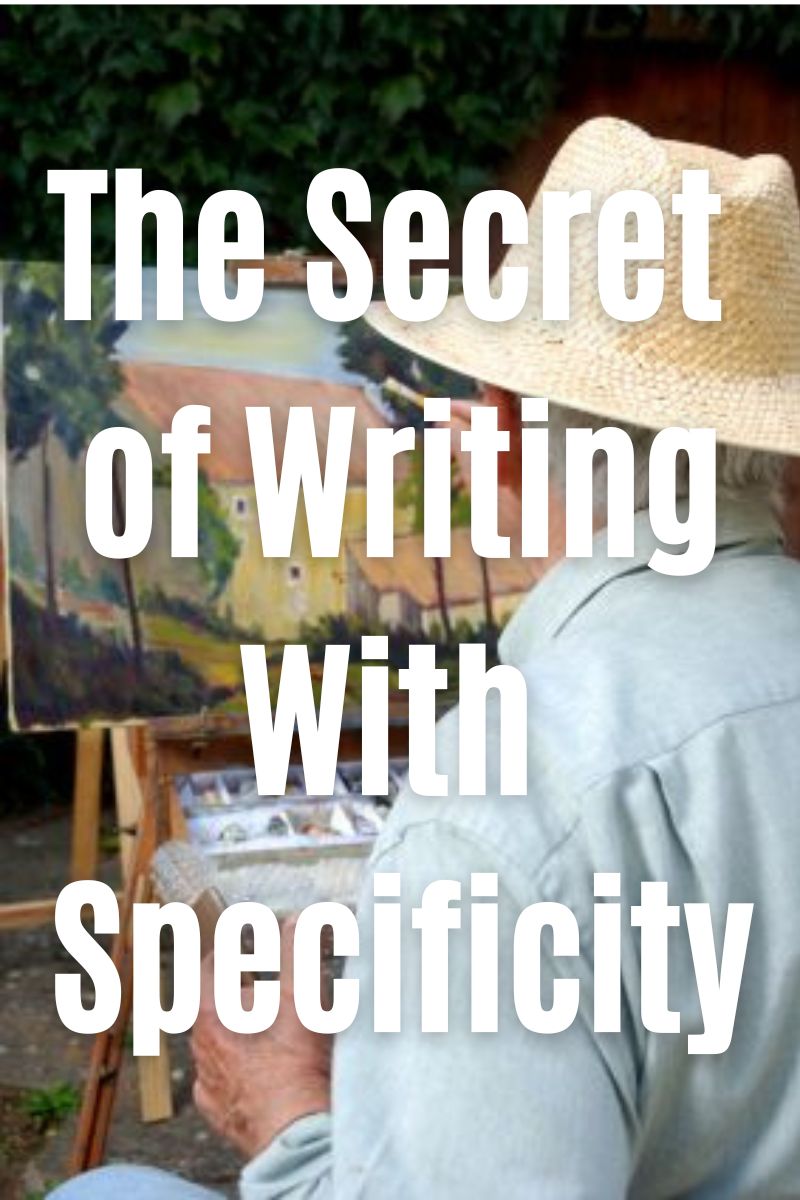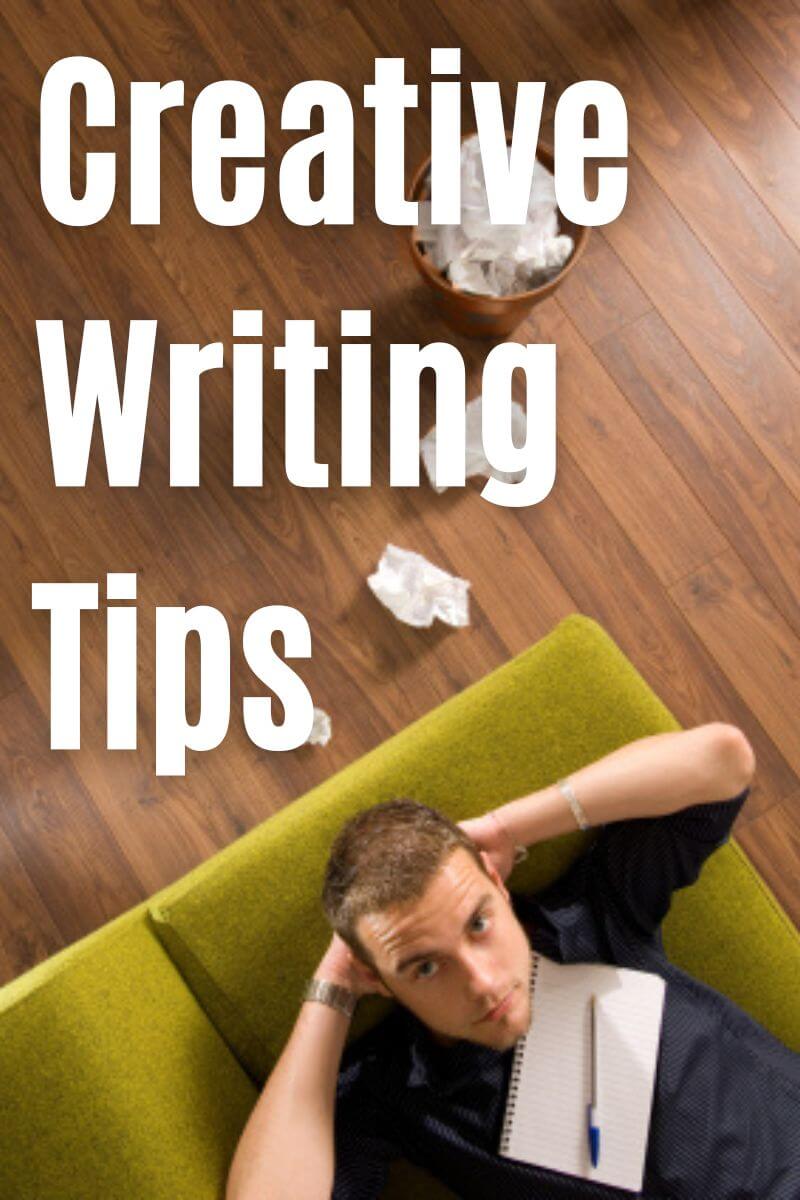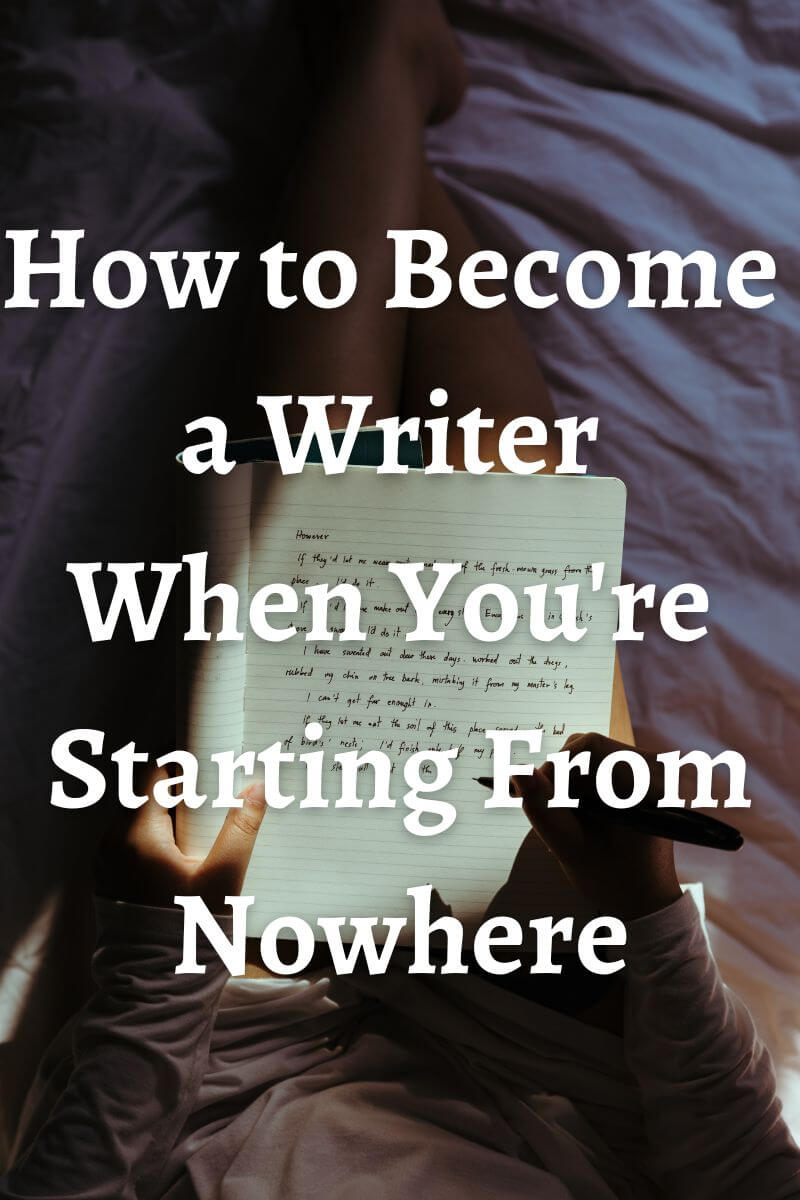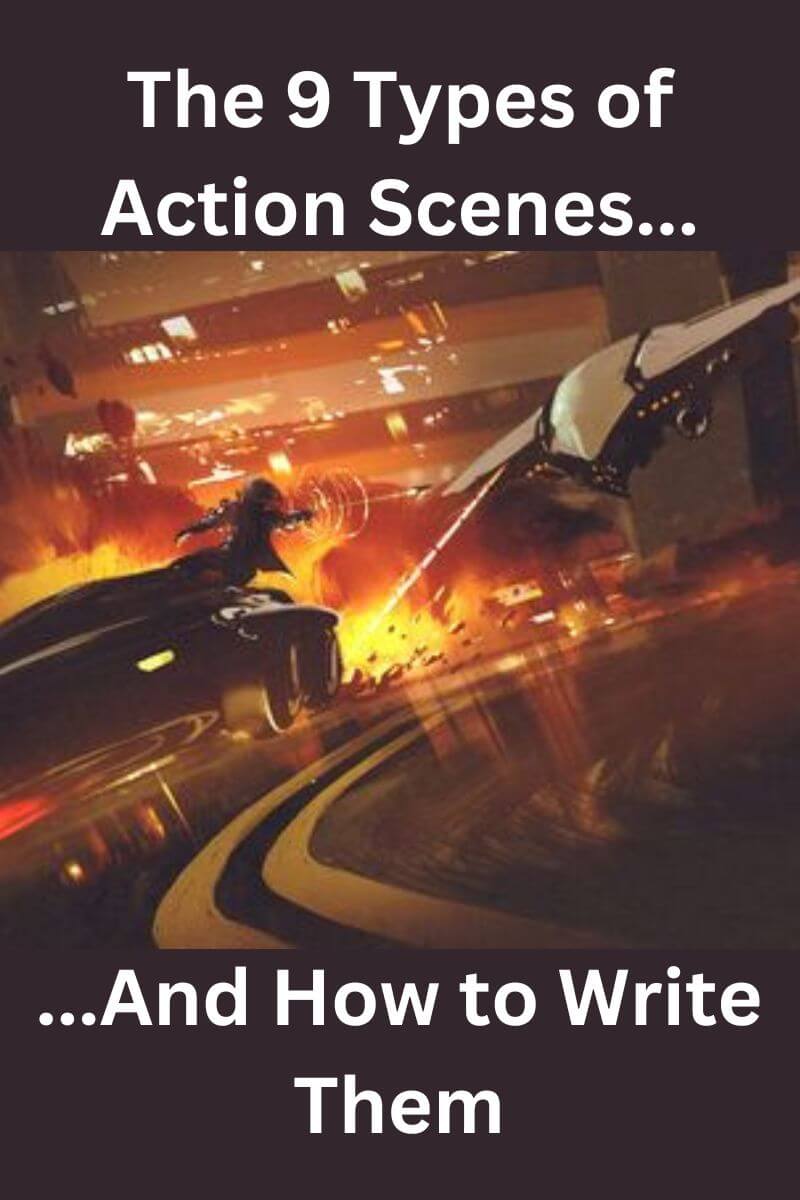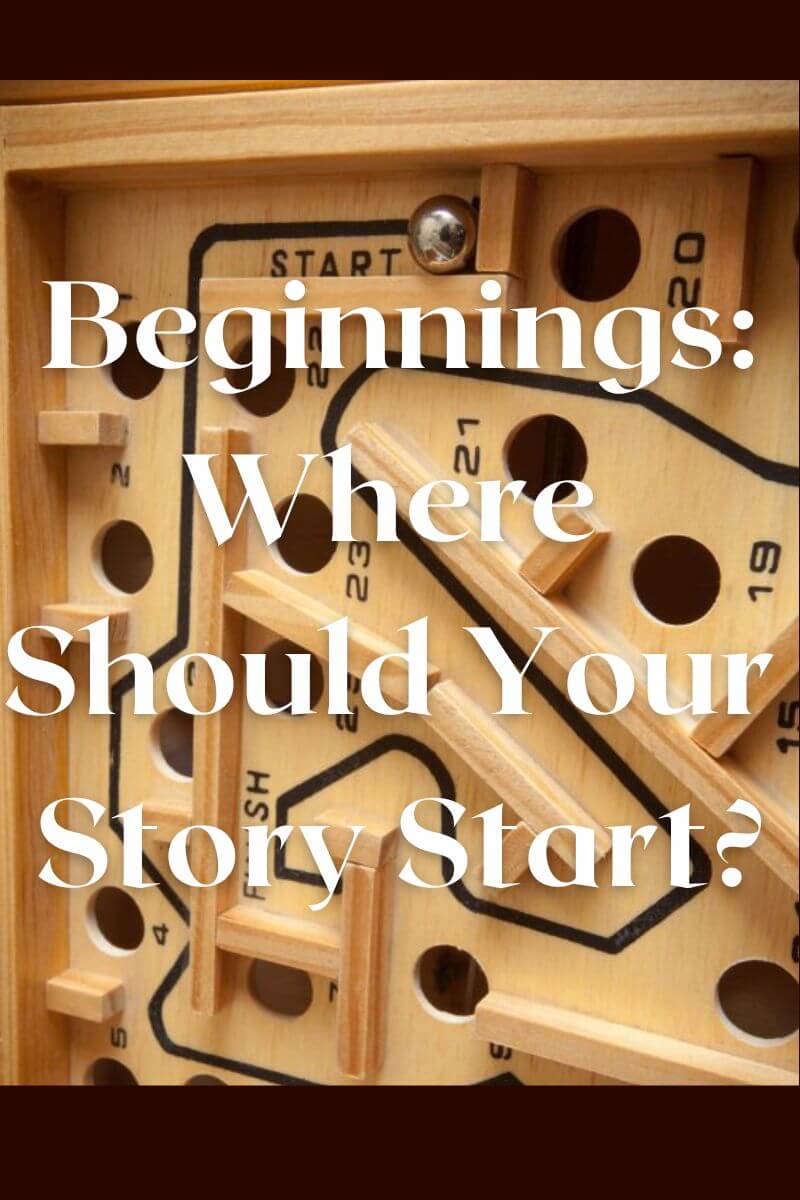6 Ways to Boost Your Creativity When Writing Fiction
By Glen C. Strathy
Imagine you could boost your creativity and write more interesting, more original stories, while at the same time making the creative process more fun, relaxing, and productive? Most writers have wished this at one time or another.
While there are not a lot of proven techniques to boost creativity, the best methods were summarized in a rather well-known lecture by John Cleese (the screenwriter/actor known for his work on such comedy classics as Faulty Towers, the Monty Python TV series and films, A Fish Called Wanda, and Fierce Creatures. So let me share with you some of his methods, coupled with my own thoughts on the subject.
The Open Mode vs. the Closed Mode
When we write, we can be in one of two states of mind -- either the open mode or the closed mode. The table below summarizes the differences between them.
Both these modes have their uses. The open mode is the creative mode. It is the state of mind that helps you generate ideas, that makes you welcoming toward new ideas and possibilities. It is the best mode to be in when writing or brainstorming.
On the other hand, the Closed mode is the critical mode. It is the state of mind that helps you spot what needs improvement or reject whatever fails to meet your highest standards. Being in the closed mode helps a lot with editing, revising, or proofreading a piece of writing.
One thing you must know: it is impossible to be in both modes at the same time, because they interfere with each other. It is very hard to be creative when in the closed mode, because you will criticize and reject every new idea that comes along. Writer's block can result when your critical self takes over and blocks the flow of ideas, often without your become aware of it.
On the other hand, it is very hard to revise a manuscript if you are in the open mode because you will simply keep adding new ideas and changing things, regardless whether they work with the established story or not. Writers who stay too much in the open mode risk never finishing a story. They may create multiple drafts, none of which is coherent because they cannot make firm decisions. The closed mode is required once you know what your story is and you need to weed out ideas that don't fit with it.
Nonetheless, if you want to boost your creativity while you are writing (not revising), you must learn to put yourself into the open mode.
We are Born Creative Geniuses.
In the book, Break Point and Beyond, George Land and Beth Jarman note that young children are incredibly creative, with 98% of toddlers score at genius levels for divergent thinking. However, only 18% of 13-15-year-olds score so highly.
I believe this is because everyone is born with a creative self, but we develop our critical self as we grow up.
If you spend time with young children, you can easily see that they are naturally in the open mode. They accept ideas easily and take great pleasure in imagination.
As we get older, we gradually learn that not every idea should be accepted. Some ideas are wrong or impractical or will earn disapproval. If a child wants to pretend they are Superman and jump off a roof, they need an adult to say, "Don't do that. You are not Superman. You will hurt yourself." By the time we reach adulthood, we have learned to suppress our creative selves most of the time.
As adult writers, our challenge is be more like children when we want to create. We need to consciously suspend our critical selves and enter the open mode in order to access our creative self.
Again, boosting your creativity involves learning to enter the open mode when you want to. The tips which follow are all intended to help you enter the open mode more easily
"You can't be spontaneous within reason." -- Alan Watts
Tip #1: Boost Your Creativity by Setting Up a Creative Space
Pick a special place where you will do your writing -- a place where you will not be disturbed by other people or distractions. Cleese calls such spaces "oases of space."
For many writers, a home office works, as long as the rest of the household agree not to intrude. But any room will do as long as you can have privacy.
Ideally, you should not have a TV, cellphone, or any device with an Internet connection in your space, because they can be too distracting.
If you don't have the luxury of privacy where you live, you can perhaps find it in a public place such as a library, park, public transit, or cafe. Anywhere you won't be disturbed by people who know you will work.
Whatever place you choose, consistently using it as your writing place will help you develop the habit of being more focused and creative there.
Tip #2: Boost Your Creativity by Setting Aside Time to be Creative.
Decide on a set period of time in which you will write undisturbed. Ideally, it should be at least 90 minutes because it can take some time to get yourself into the open mode. On the other hand, few writers can work for more than four hours at a stretch.
Writers with families may find it works to get up an hour or half an hour before the rest of the family and make that their writing time. Or they may choose a time after the children are in bed. Others may designate one day a week as their writing time (with support from their spouse).
If long stretches of writing time are difficult to arrange, some people have found that they can write just 10 minutes a day and be productive. You know what will work for your situation.
But whatever time you designate as writing time, do not let it be interrupted.
Try to consistently schedule your writing sessions for the same time each day/week. By making it a habit to enter the open mode during these sessions, it will become easier to do so. .
You may want to set a timer to let you know when your creativity time is over. That way, you won't be tempted to watch the clock. Losing track of time when you're doing creative work is a good thing, because it's a sign you are focused.
Incidentally, some writers don't have a set time. Instead they write a set number of words or pages and quit once they've reached their goal. I don't recommend this for everyone. Sometimes the anxiety of having to reach such a goal can cause you to get stuck. When that happens, staying up late and trying to force yourself to write a set number of pages may only create more anxiety and frustration.
Tip #3: Boost Your Creativity with Patience.
Often the best ideas only emerge after much time has been spent pondering whatever project you are working on. So don't necessarily take the first idea that comes along. Take time to let the various ideas sit with you before you reject any of them. Postpone creative decisions as long as possible. Let the discomfort of indecision be your friend.
For instance, maybe you write an outline for a novel, but there are gaps where you're not sure what should happen. Don't be in a rush to fill them. It's okay to leave some areas blank for a while. By the time you get to that spot in your first draft, the right choice may be much clearer -- or an even better idea will have come along.
“I love deadlines. I love the 'whooshing' noise they make as they go by.”
-- Douglas Adams
Tip #4: Boost Your Creativity by Banishing Self-Doubt.
Be confident in your ability to write your story. During a writing session, recognize that great ideas will come to you if you give yourself permission to have a lot of bad ideas too. Don't judge your ideas as they come. Another day you can have a session where you can evaluate which of your ideas are the best. But don't try to be creative and critical in the same session.
Similarly, try not to judge your first draft until after you've finished it. Stay out of the closed mode until you reach the revision stage.
“Nothing will stop you being creative so effectively as the fear of making a mistake.”
-- John Cleese
“If you're not prepared to be wrong, you'll never come up with anything original.”
-- Sir Ken Robinson
Tip #5: Boost Your Creativity Through Humour and Light-Heartedness
Remember: the open mode is a very childlike state. And children are natural clowns. Silliness, absurdity, and playfulness can take you to the open mode faster than anything.
Often a silly or ridiculous idea can be a stepping stone to the next brilliant idea, if you don't reject it out of hand.
Remember, you chose to be a writer because you enjoy writing. Don't take the fun out of it by getting anxious and stressed.
“If you're not having fun, you're doing something wrong.” -- Groucho Marx
That's all of the creativity tips John Cleese presented. If you want to hear them in his own words, check out John Cleese's Creativity Tips on Youtube (if it's still available).
Here's one additional creativity tip of my own...
Tip #6: Boost Your Creativity by Following Your Heart.
Sometimes when people start writing, they try to write what they think they "should" write, rather than what they have a genuine passion for.
For example, if you were an English major in university, you may have accepted the notion that literary fiction is the only genre worthy of being written.
However, it may be that your real talent and passion lies in writing romance, children's stories, or some plot-driven genre that you have been taught to look down your nose at. So what? Genre fiction pays more anyway, so go ahead and write what interests you. Write what you'll have fun writing.
Or the reverse could be true. Maybe you love Westerns or SF and they are what you think you want to write. But then you find your stories leaning towards literary fiction. So what? Maybe your SF novel is too literary for some genre fans, but it might win accolades from critics and readers who like that kind of story.
In other words, don't deny your own interests, talents, and passions. Embrace them. And be willing to explore genres you've neglected until now. You may discover that some interest you more than you expect.
You have to be enthusiastic about what you're writing or you just won't finish it. That is especially if you are writing a long work, such as a novel. So write what you love, whatever it is. If you love it, most likely others will too.
- Home
- Storytelling Tips
- Boost Your Creativity
